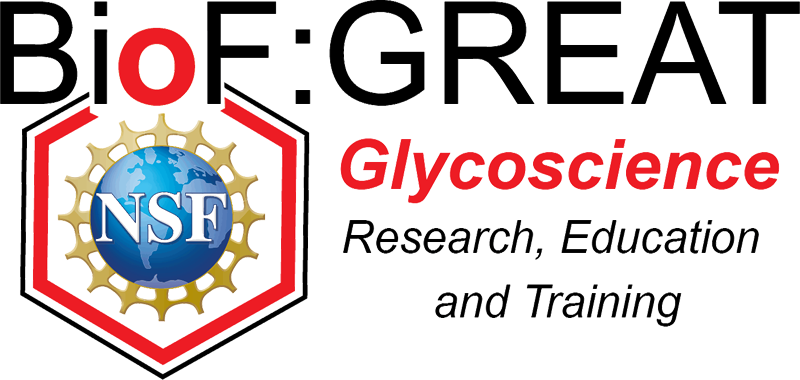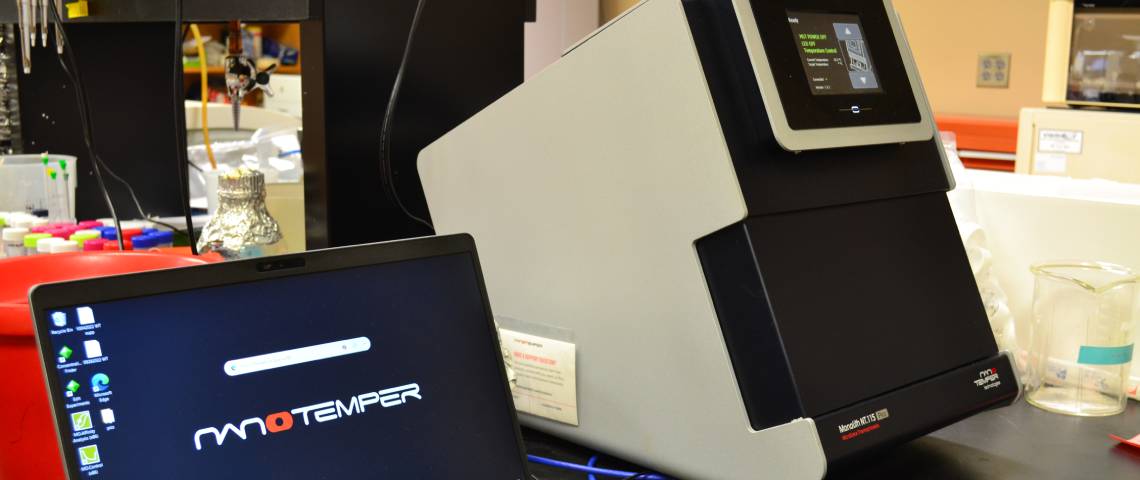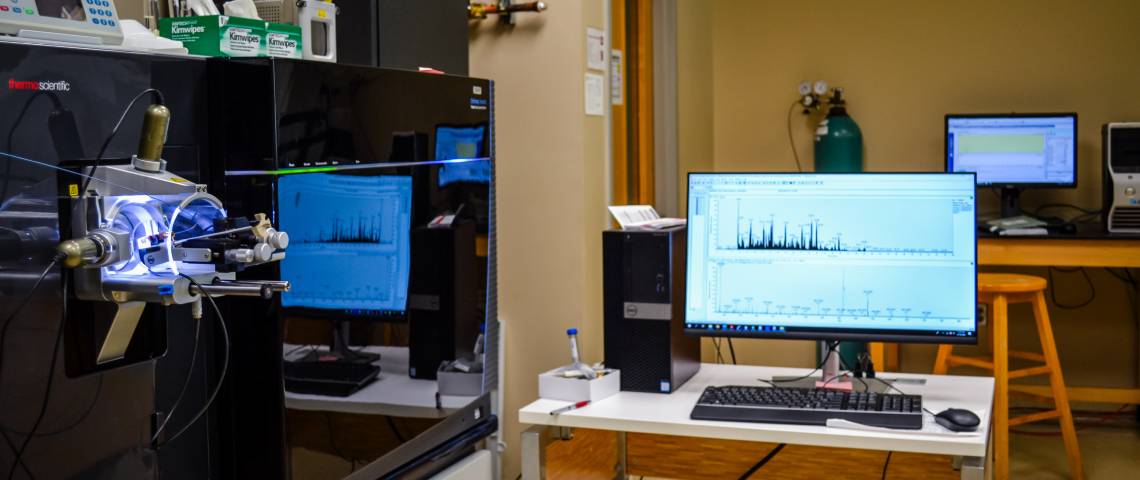Glycoscience Resources, Education, and Training
The field of glycoscience, which studies the structure and function of carbohydrates and their derivatives, is essential for advancing biomedical research, bioengineering, and material science. Yet, it remains one of the least understood and most technically challenging areas of molecular biology. To bridge this gap, the National Science Foundation (NSF) has invested in a Biofoundry initiative designed to democratize access to glycoscience research, technologies, and educational resources.
The NSF-supported Biofoundry will focus on the development of novel research methods and technologies related to glycoenzymes and glycoproteins, which are vital for understanding biological processes across the tree of life. These complex molecules are involved in key biological mechanisms, such as cellular communication, immunity, and tissue development. However, due to their structural diversity and complexity, studying them requires specialized equipment and expertise.
Through the Biofoundry, researchers and students will have access to cutting-edge tools and facilities, removing barriers that have historically limited the reach of glycoscience. This democratization effort includes the creation of instructional programs and resources aimed at training a new generation of scientists. These initiatives will emphasize hands-on experiences, equipping researchers from diverse backgrounds with the skills necessary to work with glycoenzymes and glycoproteins effectively.
Furthermore, the Biofoundry will contribute to scientific collaboration, fostering partnerships between academic institutions, industry, and government agencies. By integrating advanced technologies like automation and high-throughput analytics, the project will accelerate discoveries in glycoscience and their applications in fields ranging from drug development to agricultural biotechnology. This transformative approach has the potential to revolutionize our understanding of glycoscience and broaden its impact across numerous scientific and engineering disciplines.


